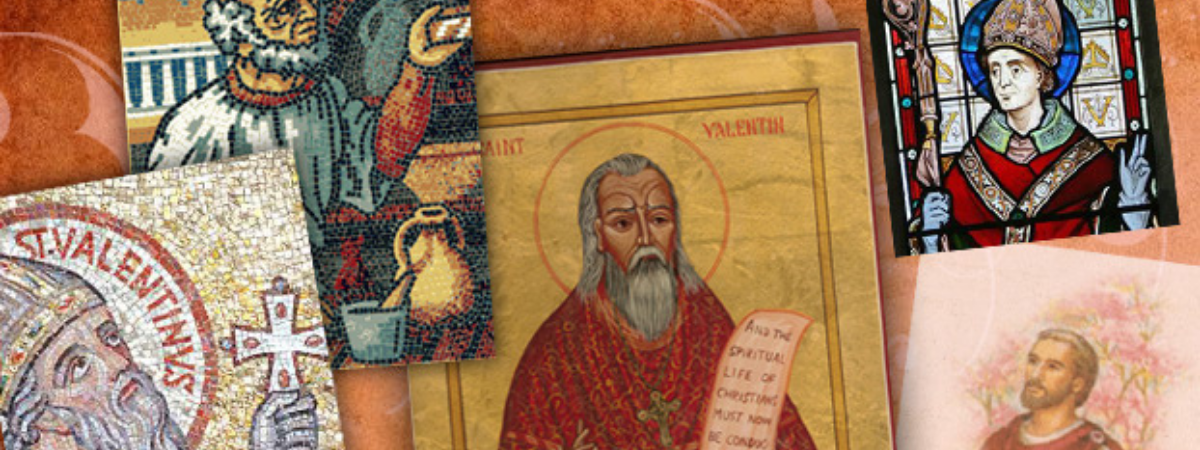St. Catherine de Ricci (1522-1590, feast day February 13th) was a Dominican nun born in Florence, Italy. She was a great mystic with an intense devotion to the sufferings of Jesus. For many years Catherine would go into ecstasy from noon every Thursday through 4 p.m. on Friday, experiencing in a mystical manner the sufferings of Christ during his Passion. She was also given the spiritual gift of the stigmata; Christ's wounds would appear on her body throughout the course of the ecstasy.
[[prayers-and-heavenly-promises, miraculous-medal-on-24-chain]]
She is also famous for the Canticle of the Passion of Our Lord, a song of prayer given to her by the Blessed Virgin Mary while she was in ecstasy. It is traditionally sung before a crucifix during the Fridays of Lent.
After enduring much humiliation for years on account of these sufferings, Catherine was eventually accepted as a holy woman and was later elected prioress of her community. She became famous, and, like her namesake and fellow Dominican, Catherine of Siena, her advice was widely sought on many spiritual and practical matters.
Despite being cloistered, she kept up a loving correspondence with relatives, friends, and her many spiritual children. Among those in her correspondence were three future popes, Pope Marcellus II, Pope Clement VIII, and Pope Leo XI. Among her friends and contemporaries were St. Philip Neri and St. Mary Magdalen de Pazzi, whom she never met in person, but nevertheless conversed with during her ecstasies.
Below is one of her letters of correspondence to a fellow nun whom she counseled, giving her a "resume of the spiritual life" which she considered a summary of how to perfectly follow God's will. Since we are all called to holiness by following God's will for our lives, her general advice given here will be helpful for everyone in every state of life.
Letter to a Nun
by St. Catherine de Ricci
Very dear daughter, —I have already sent you a letter to exhort you to the service of our Lord; and now I send you this one, in which I am going to give—first for myself, and then for you—an account of the true way of faithfully serving our Divine Spouse, and a resume of the spiritual life; so that, by following it, we shall carry out the holy will of God.
If, then, my daughter, you would be the true spouses of Jesus, you must do His holy will in all things; and you will do this if you entirely give up your own will on every occasion, and if you love the divine Spouse with your whole heart, your whole soul, and your whole strength. Then, you must carefully attend to the following points (but it is necessary to weigh all these words), as they contain the summary of Christian perfection:
1. We must force ourselves to DETACH the heart and the will from all earthly love; to love no fleeting things, except for the love of God; and, above all, not to love God for our own sakes for self-interest, but with a love as pure as His own goodness.
2. We must DIRECT all our thoughts, words and actions to His honor; and by prayer, counsel, and good example seek His glory solely, whether for ourselves or for others, so that through our means all may love and honor God. This second thing is more pleasing to Him than the first, as it better fulfills His will.
3. We must aim more and more at the ACCOMPLISHMENT of the divine will: not only desiring nothing special to happen to us, bad or even good, in this wretched life, and thus keeping ourselves always at God’s disposal, with heart and soul at peace; but also believing with a firm faith that Almighty God loves us more than we love ourselves, and takes more care of us than we could take care of ourselves.
The more we conform to this way of acting, the more we shall find God present to help us, and the more we shall experience His most gentle love.
But no one can reach such perfection except by constant and courageous sacrifice of self-will; and, if we would learn to practice such abnegation, it is necessary to keep ourselves in a state of great and deep humility, so that by perfect knowledge of our own misery and weakness we may rise to learn the greatness and beauty of our God.
Consider how just and necessary it is to serve Him unceasingly, with love and obedience. I say just, because God being Father and Master of all things, it is just that His son and servant should obey and love Him: I say necessary, because by acting otherwise we could not be saved.
Let us always remember, never doubting, that it is the eternal, sovereign, all-powerful God who does, orders, or allows everything that happens, and that nothing comes to pass without His divine will.
Let us remember that He is Himself that wisdom which, in the government of the universe—of heaven, earth, and every single creature—cannot be deceived (He would be neither God nor most wise, if it were otherwise). Let us look upon Him as supremely good, loving and beneficent.
If, through His mercy, this conviction becomes strongly impressed upon our wills, we shall easily take all things from His sacred hand with well-contented hearts, always thanking Him for fulfilling His most holy will in us; because, by acting thus (with the help of His holy grace) we shall unite ourselves to Him by true love in this life and by glory in eternity.
May He grant it to us in His goodness! Of your charity pray for me, a wretched sinner, who commends herself to you all.”
Your sister in Christ,
























